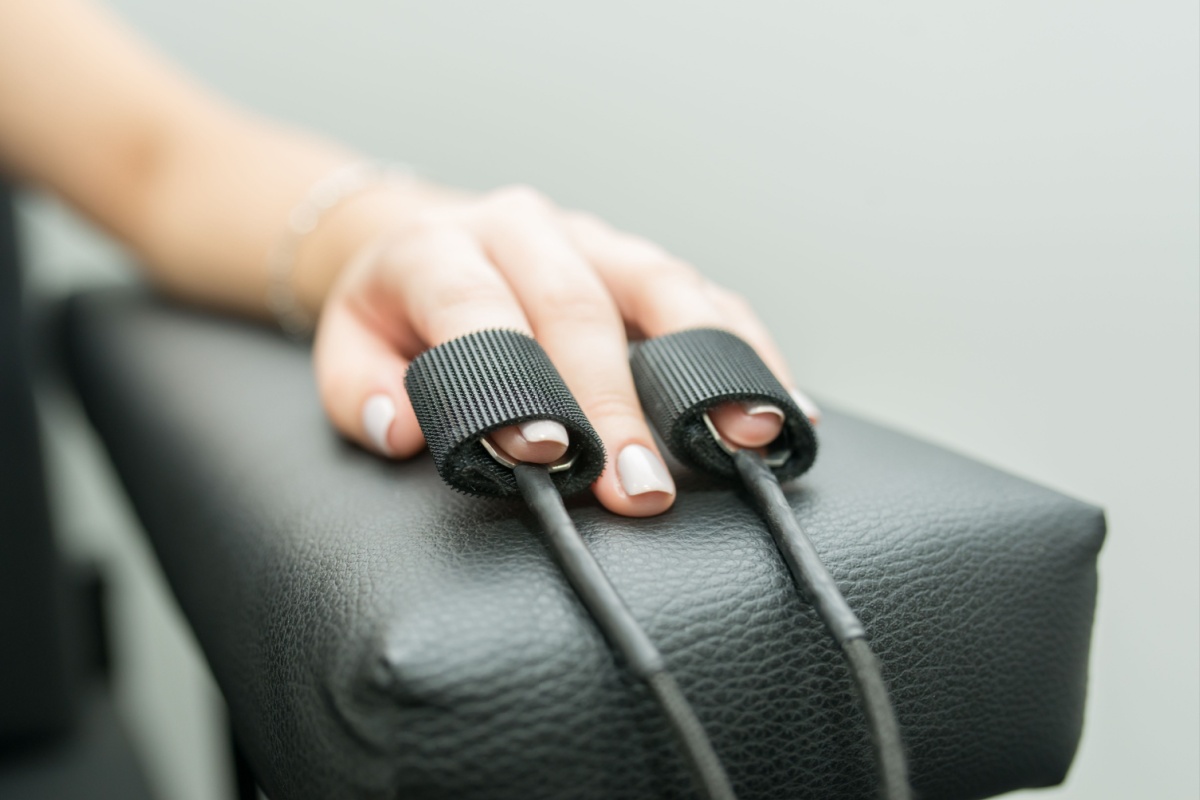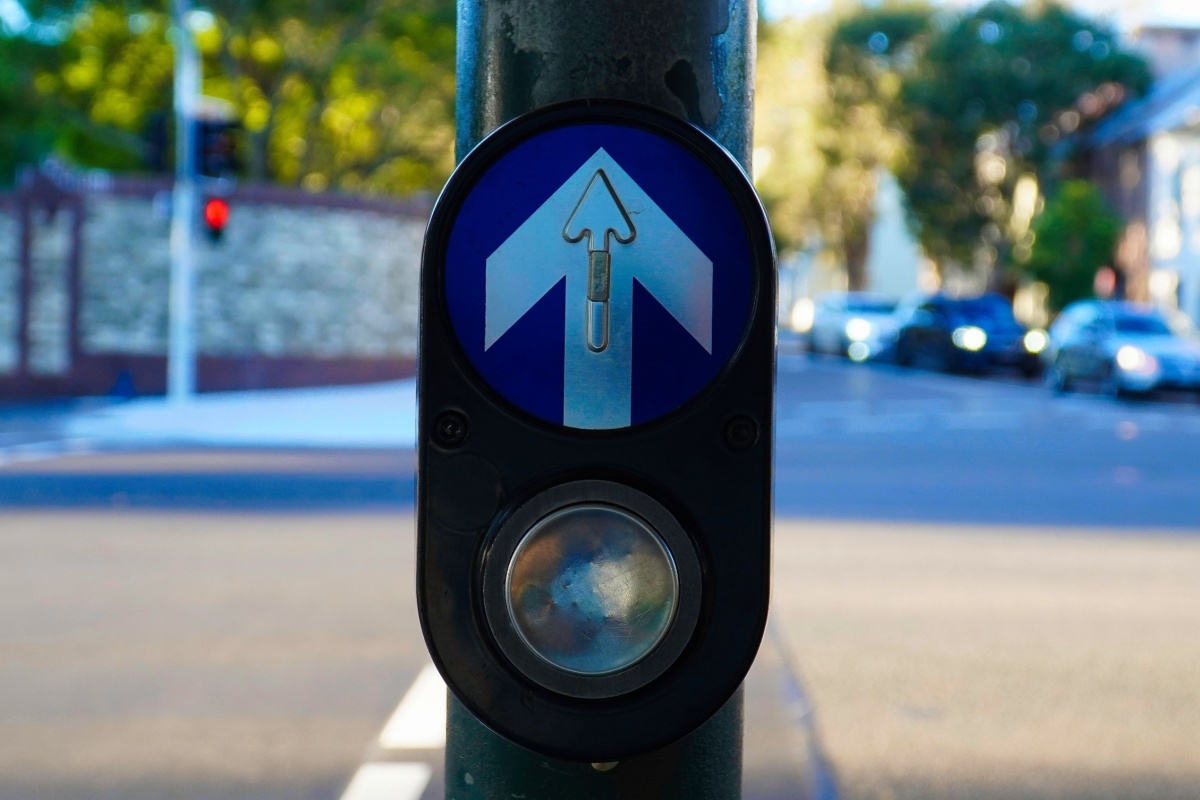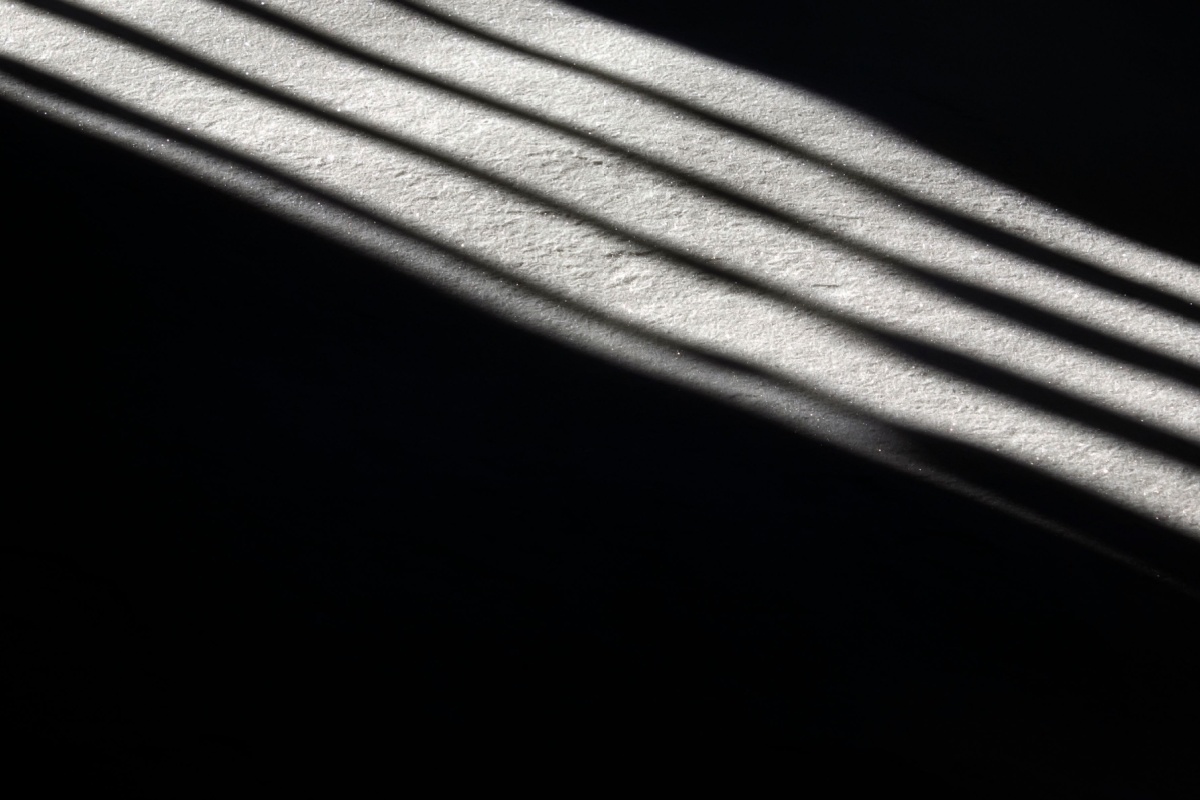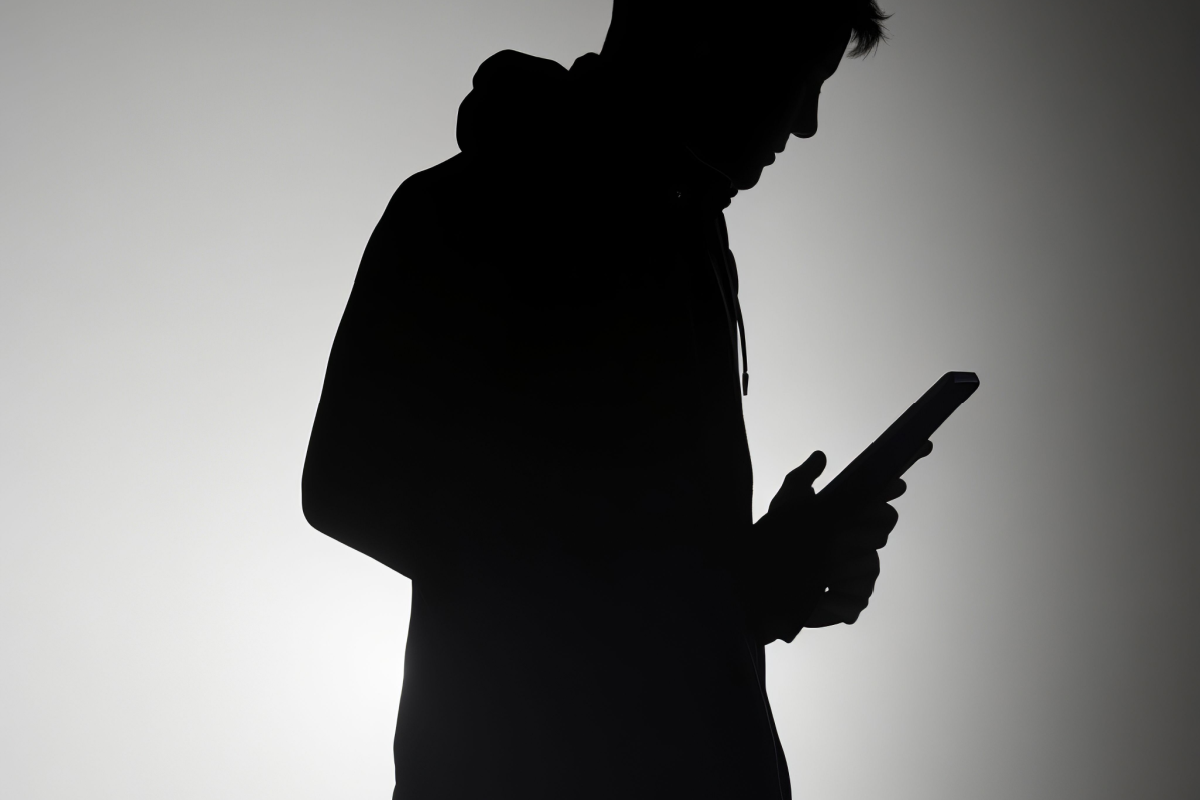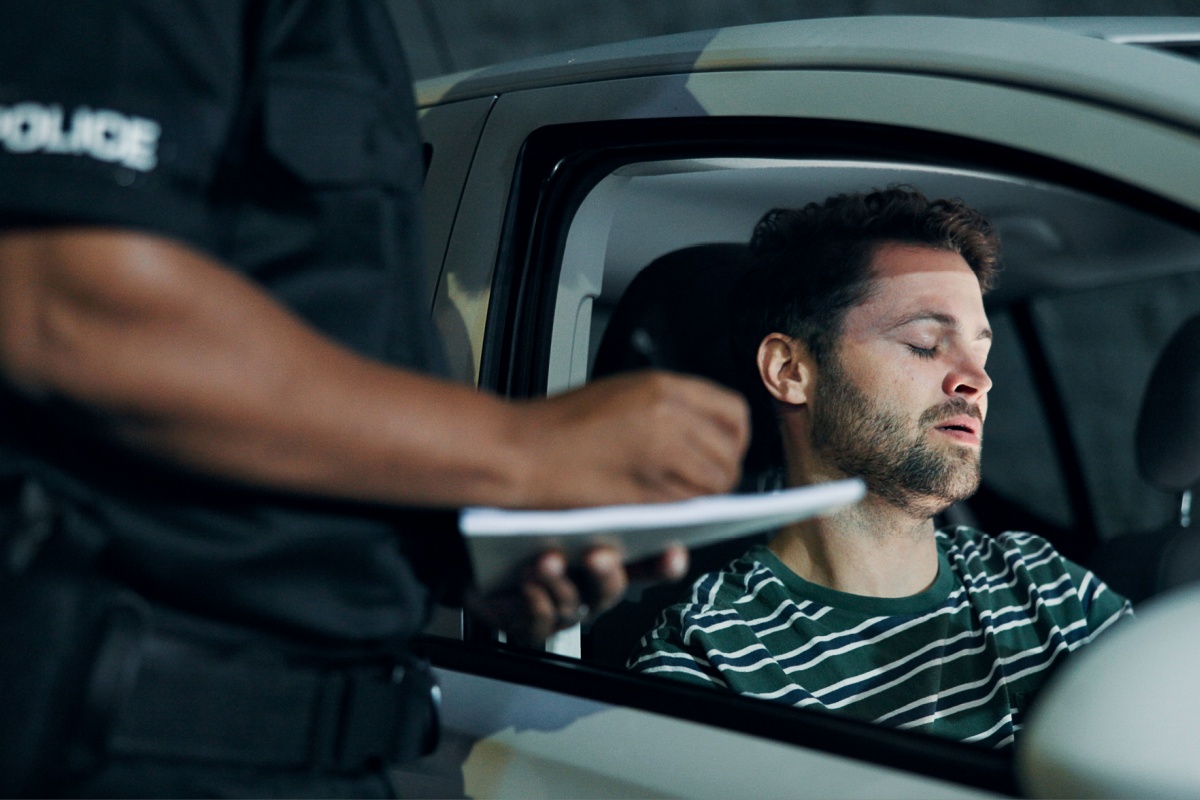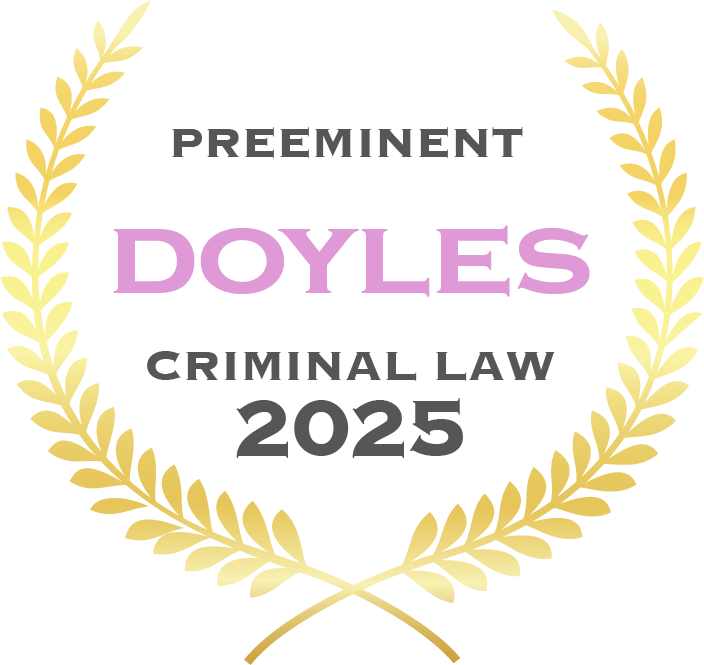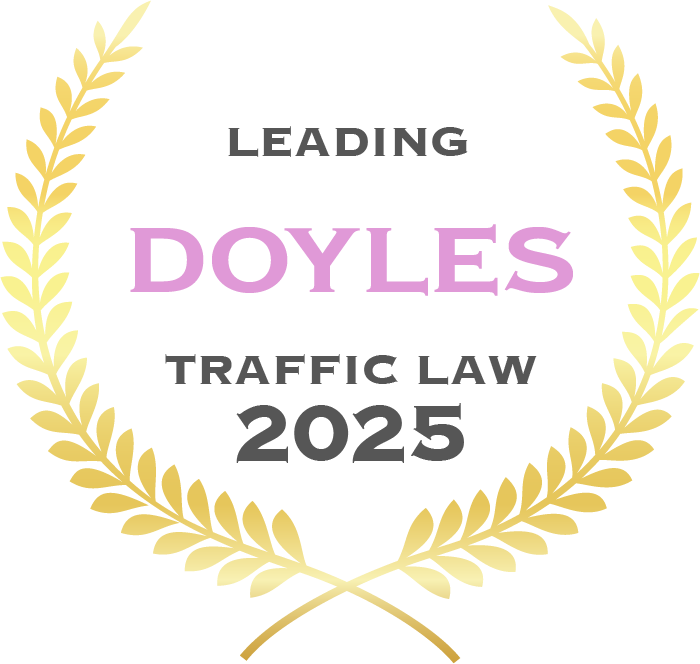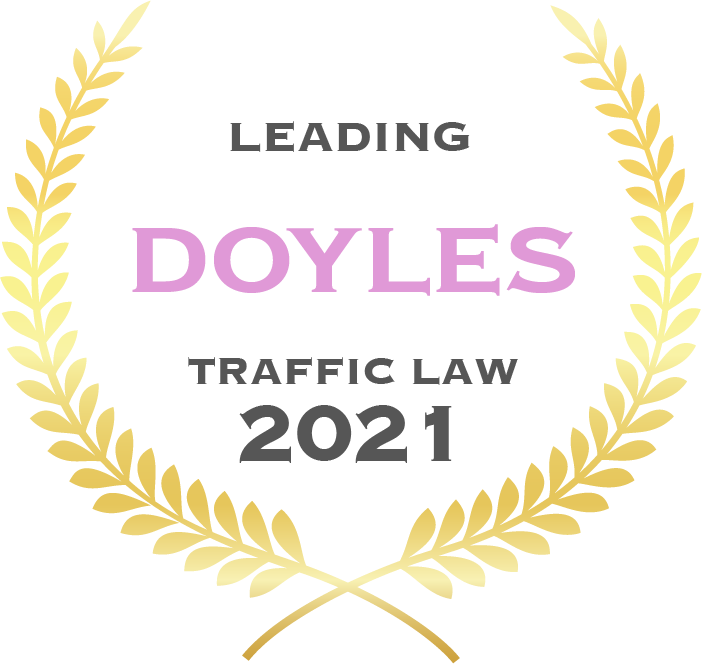Without definitive evidence, the credibility and reliability of witnesses can play a significant role in how a case is decided in court.
However, determining which witnesses to believe can be difficult. Polygraph testing, also known as ‘lie detector tests’, has been a perennial fixture in crime novels, films and TV shows for decades. But do they actually work? What does the law of NSW say about polygraph lie detector tests in court?
How does a polygraph test work?
Polygraph machines work by measuring a person’s physiological reactions when they answer questions. Reactions are measured in one of two ways:
By measuring their pulse rate, blood pressure, respiration and muscle activity, or
By measuring stress levels and vibration in a person’s voice.
Though polygraph machines are a standard feature in popular culture, they aren’t as valid or accurate as we are led to believe. People often react differently to intense questioning, especially when they know their answers are being recorded and measured.
Importantly, lie detectors can only measure physiological stress responses, not the source of this stress, which could simply result from being subjected to a polygraph in the first place. The test, therefore, cannot tell definitively that a person has ‘lied’, and may report an erroneous result just because the person is nervous. In addition, some people are able to ‘beat’ a lie detector test by purposefully altering their physiological state.
Are the results of polygraph lie detector tests admissible in court?
In the 1981 case of R v Murray, the District Court of New South Wales ruled the results of a lie detector test inadmissible. The accused, Raymond George Murray, denied an allegation that he fired shots at police officers. During the course of the trial, the accused attempted to adduce evidence of the results of a polygraph examination that he undertook in an aim to substantiate his denial of the charges. Murray sought to call a polygraph examiner who would give evidence that in his opinion, the accused was speaking the truth and that his denials were true.
In response, District Court Judge Sinclair decided that the evidence was not admissible for the following reasons:
The sole purpose of the evidence was to bolster the credit of Mr Murray; however, the jury should be the ones to assess his veracity and credit.
The polygraph test purports to be expert evidence, but the polygraph examiner who was to give the evidence was not a qualified expert – he was merely an operator and assessor of the machine.
The scientific premise of polygraph tests had not been proved in any court in Australia.
Because there was no proved or accepted scientific basis for the test, polygraph examiners revealed that the polygraph evidence was simply hearsay and had no probative value.
Even if the evidence were admissible, the examiner would not have been appropriately qualified to give an expert opinion on the matter.
District Court Judge Sinclair ultimately concluded that admitting such evidence would be contrary to the basic principles of evidence law in New South Wales, and though such a technique “no doubt holds a genuine fascination for some people” it “has no place in a criminal trial in New South Wales”.
Following the case, the Lie Detectors Act 1983 (NSW) was implemented in NSW. The Act regulates instruments that measure or monitor the physiological reactions of the body of another person, or elements of stress, tonal variation or vibration in the voice of another person. s 6(1) of the Act provides that any output from such a test, or analysis of the output of the test, is inadmissible as evidence in court, even if the parties consent.
Polygraph testing offences in New South Wales
Interestingly, the Lie Detectors Act 1983 (NSW) makes it an offence to use a polygraph test in any of the following situations:
In matters relating to employment, including in applications or offers or employment, as terms of employment or in the process of a promotion.
In entering an insurance policy or contract, or determining or paying an insurance claim.
In payment of any compensation for loss or damage.
During an application for any form of financial accommodation.
To establish whether or not a person is guilty of an act or omission that is punishable by a fine or imprisonment.
Using a lie detector in any of these situations can result in a fine of up to $1,100, or $5,500 if the offender is a corporation. The fine can double in the case of a second or subsequent offence.
Though evidence from a polygraph is inadmissible in court, the Act does not prohibit police from using such testing during their investigations.
Is a breath test a polygraph?
In an interesting case heard in 1986, a man argued that the magistrate wrongly admitted the results of breath analysis in a case of high-range drink driving because the instrument was prohibited by the Lie Detectors Act 1983 (NSW). The man submitted that there is a “physiological reaction” when a person is asked to breathe into the breathalysing instrument, and therefore the Lie Detectors Act applies. Accordingly, what the police officer did in taking the information from the machine and putting it on to a certificate was forbidden and could not be used in evidence in the proceedings.
However, the NSW Court of Criminal Appeal was not convinced and found that the man had overlooked that the Lie Detectors Act is “concerned with one subject matter and one subject matter only, that is lie detectors.” To seek to apply the Act as the man had attempted, was, according to the Court, “manifestly absurd”, because a breath analysis tool has nothing to do with the detection of lies.
How We Can Help
If you have been charged with a criminal offence, you can contact the team at Hamilton Janke Lawyers today.
